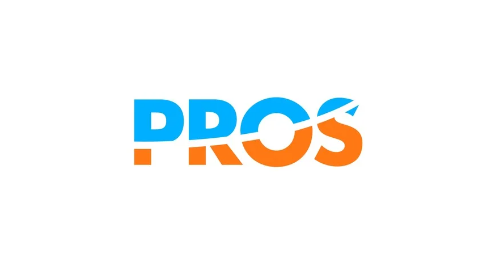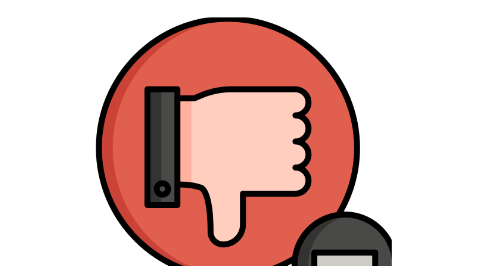
Contract negotiation in medical billing is crucial for several reasons:
1. Revenue Optimization
- Reimbursement Rates: Negotiating contracts with payers can lead to higher reimbursement rates, significantly impacting the financial health of a medical practice.
- Payment Terms: Better terms can improve cash flow, allowing practices to manage their finances more effectively.
2. Service Coverage
- Inclusion of Services: Effective negotiation ensures that all necessary services are covered under the contract, minimizing the risk of denied claims.
- Network Participation: Securing favorable terms with insurance networks can expand patient access, enhancing a practice’s visibility and patient base.
3. Compliance and Risk Management
- Regulatory Compliance: Contracts should be reviewed for compliance with federal and state regulations, helping to avoid legal issues and potential penalties.
- Reducing Denials: Clear terms can help mitigate claim denials and streamline the appeals process, reducing administrative burdens.
4. Financial Planning
- Predictable Revenue: Clear contract terms allow for better forecasting and budgeting, enabling practices to plan for future growth and investments.
- Cost Control: Negotiations can lead to more favorable terms on administrative fees and other costs associated with billing.
5. Relationship Management
- Building Partnerships: Good negotiation fosters positive relationships with payers, which can lead to collaborative solutions and smoother claim processes.
- Patient Experience: Ensuring fair billing practices enhances patient satisfaction and loyalty, as patients are less likely to encounter unexpected costs.
6. Market Competitiveness
- Attracting Patients: Competitive reimbursement rates can help practices remain viable and attractive to potential patients who may have multiple healthcare options.
- Negotiating Power: A well-negotiated contract can enhance a practice’s leverage in future negotiations with other payers.
7. Technology and Innovation
- Incorporating Advanced Billing Systems: Contracts can include terms for the adoption of technology that improves billing accuracy and efficiency, keeping practices up to date with industry standards.
Pros and Cons of Contract Negotiation in Medical Billing
Certainly! Here’s a breakdown of the pros and cons of contract negotiation in medical billing:
Pros

Better Reimbursement Rates:
Negotiating contracts can lead to improved reimbursement rates from insurance providers, which can significantly impact a practice’s revenue.
Customized Terms:
Negotiations allow practices to tailor terms to better fit their operational needs, including payment timelines and billing procedures.
Improved Cash Flow:
Securing favorable terms can enhance cash flow by ensuring quicker payments or reducing delays in reimbursement.
Stronger Relationships:
Effective negotiation can foster better relationships with payers, potentially leading to more favorable terms in future contracts.
Increased Transparency:
Negotiating contracts can clarify billing processes and expectations, reducing misunderstandings and disputes.
Competitive Edge:
Well-negotiated contracts can differentiate a practice from competitors, attracting more patients and partnerships.
Cons

Time-Consuming:
Negotiating contracts can be a lengthy process, diverting time and resources from patient care and other essential operations.
Requires Expertise:
Successful negotiation often requires specialized knowledge of billing practices and market trends, which may necessitate hiring consultants or training staff.
Potential for Disputes:
Negotiation may lead to disagreements with payers, resulting in delayed contracts or strained relationships.
Market Conditions:
In some markets, payers may have the upper hand, making it difficult to negotiate favorable terms, especially for smaller practices.
Administrative Burden:
Managing and tracking negotiated contracts can add complexity to the billing process and require additional administrative resources.
Risk of Loss:
If negotiations don’t go well, practices might end up with less favorable terms or lose access to certain insurance networks altogether.
Conclusion
Contract negotiation is not just about securing better rates; it’s a strategic approach that can influence the overall success of a medical practice. By prioritizing effective negotiations, healthcare providers can ensure they are well-compensated for their services, compliant with regulations, and equipped for future challenges.